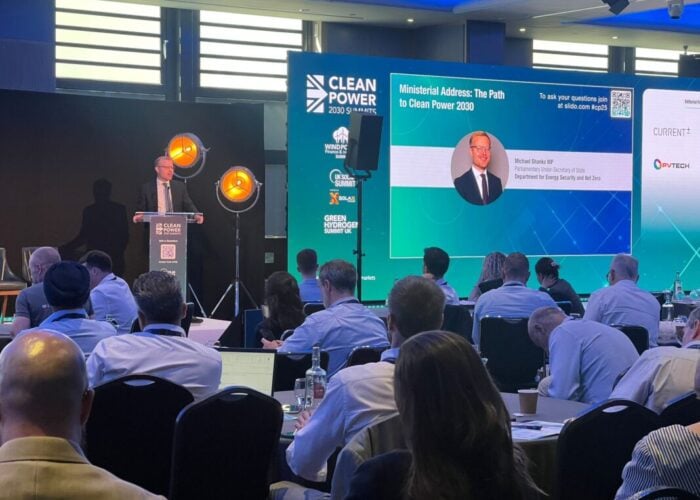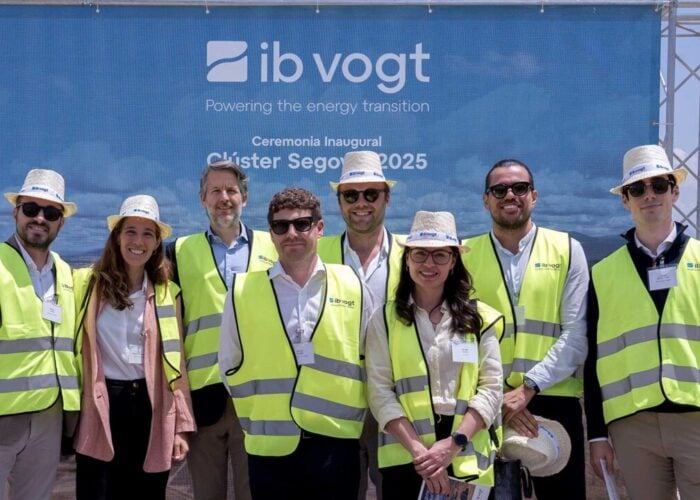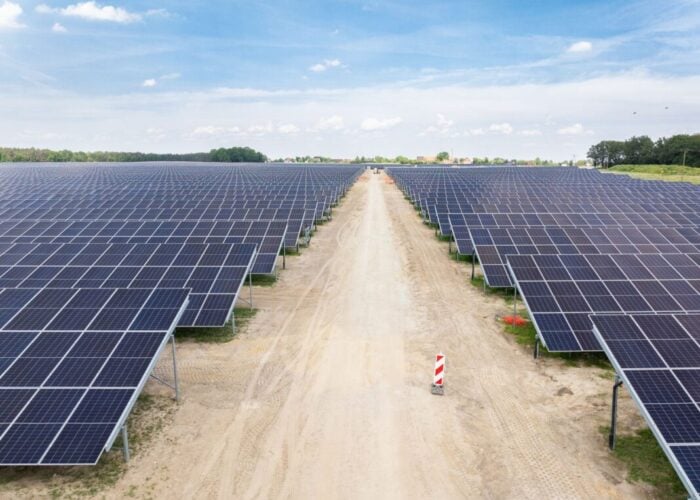China’s Ministry of Commerce (MOFCOM) has only imposed preliminary anti-subsidy duties on US imported polysilicon from Hemlock Semiconductor and AE Polysilicon.
Other major producers in the US, REC Silicon and SunEdison Semiconductor, formerly MEMC’s polysilicon and wafer operations will not be subjected to a 6.5% duty.
Unlock unlimited access for 12 whole months of distinctive global analysis
Photovoltaics International is now included.
- Regular insight and analysis of the industry’s biggest developments
- In-depth interviews with the industry’s leading figures
- Unlimited digital access to the PV Tech Power journal catalogue
- Unlimited digital access to the Photovoltaics International journal catalogue
- Access to more than 1,000 technical papers
- Discounts on Solar Media’s portfolio of events, in-person and virtual
MOFCOM said in a statement that REC Silicon’s polysilicon imported during the period of investigation would attract a minimal duty of 0.2%, thereafter no duty would be employed.
The majority of REC polysilicon imported into China is FBR-based, shipped in small granular form used primarily as a feedstock supplement in ingot production.
SunEdison primarily uses internal polysilicon production for wafer production and has limited solar-grade polysilicon shipments to China, historically sold on spot markets or in tolling arrangements for wafers/cells and finally into modules to then be used in its PV power plant projects business.
Both REC and SunEdison were said to have not received subsidies after the investigation, suggesting that MOFCOM believed Hemlock Semiconductor and AE Polysilicon had, without furthr details being given.
However, Hemlock Semiconductor has been the largest high-purity producer of polysilicon with major customers in Asia, including China and competes with GCL-Poly directly for business in China.
Hemlock Semiconductor is a not a public listed firm, unlike REC and SunEdison.
China had previously imposed preliminary anti-dumping duties on US and South Korean producers, while excluding the EU after an agreement was made in the PV products trade war between the EU and China.
At the time China had imposed levies between 53 and 57% on US imports and 2.4 to 48.7% on South Korean polysilicon imports, which remain in place.







